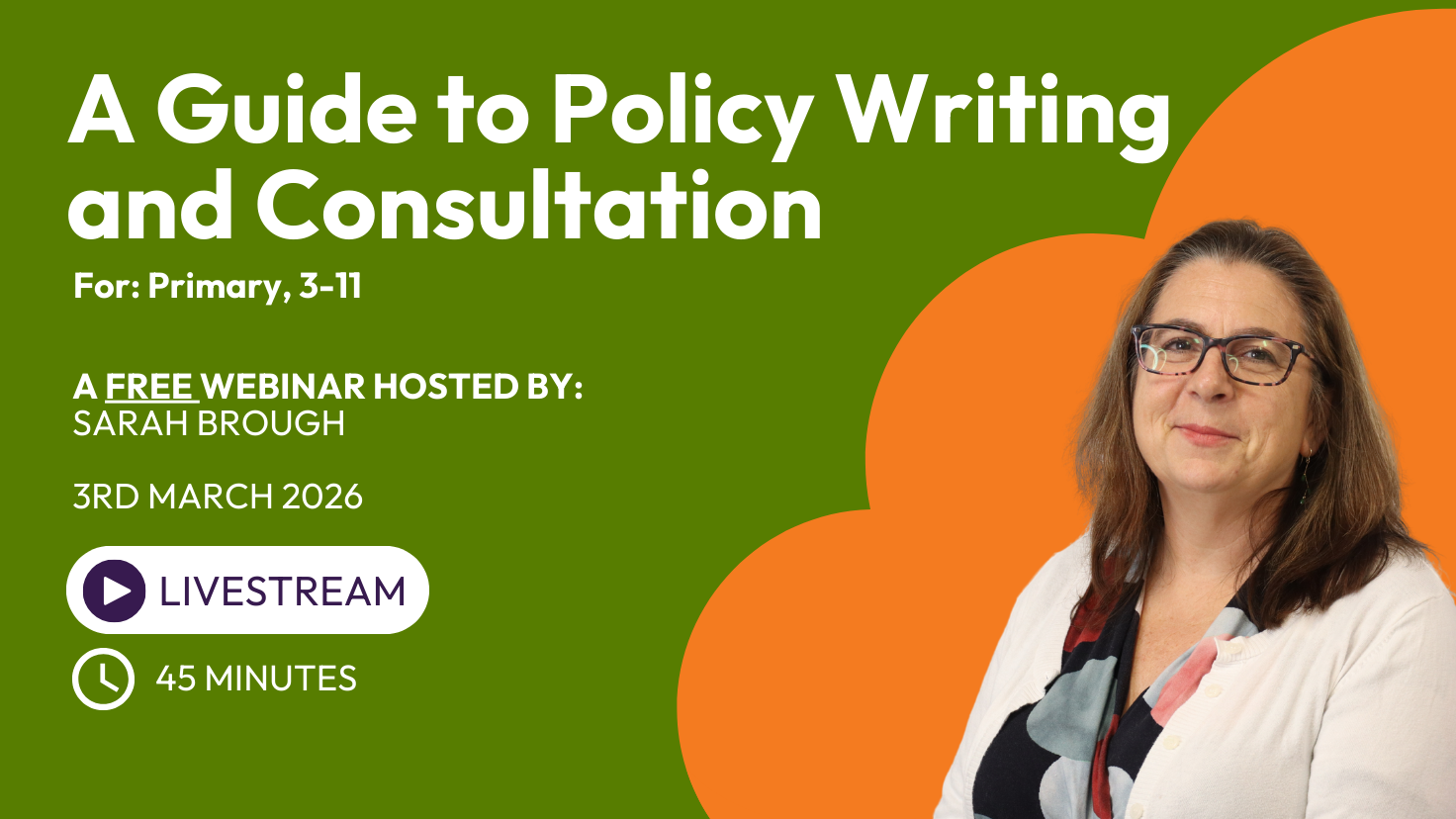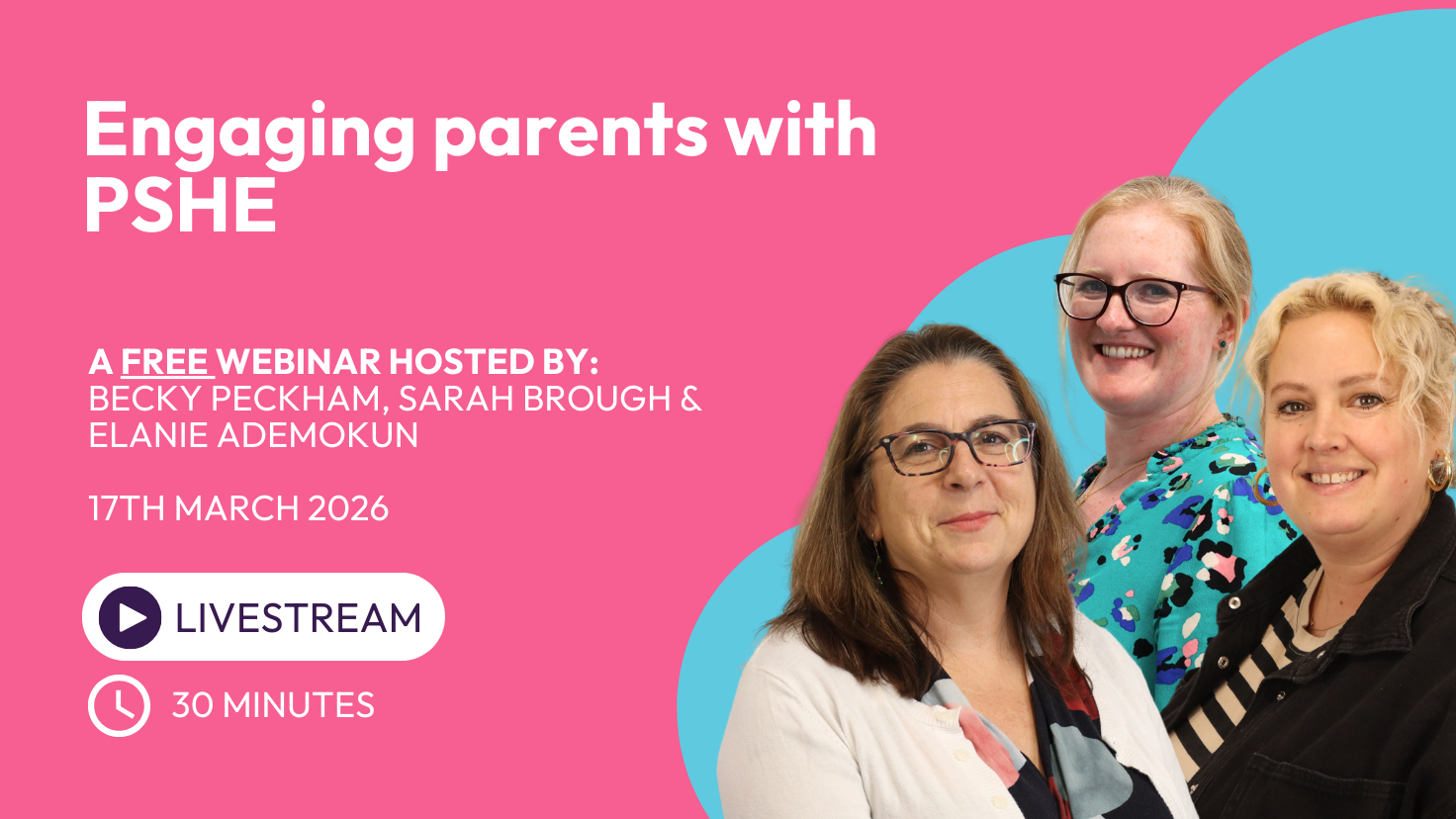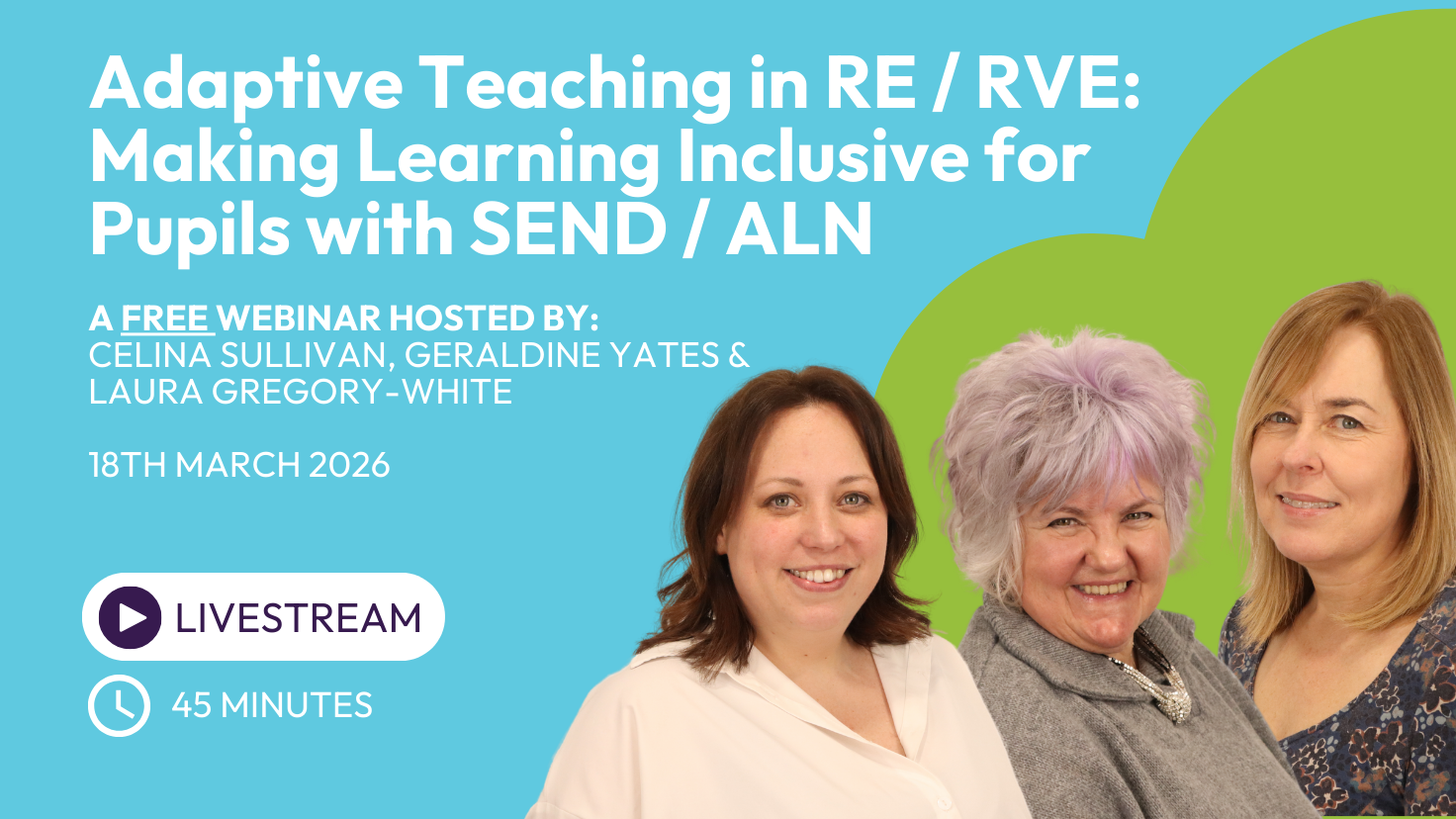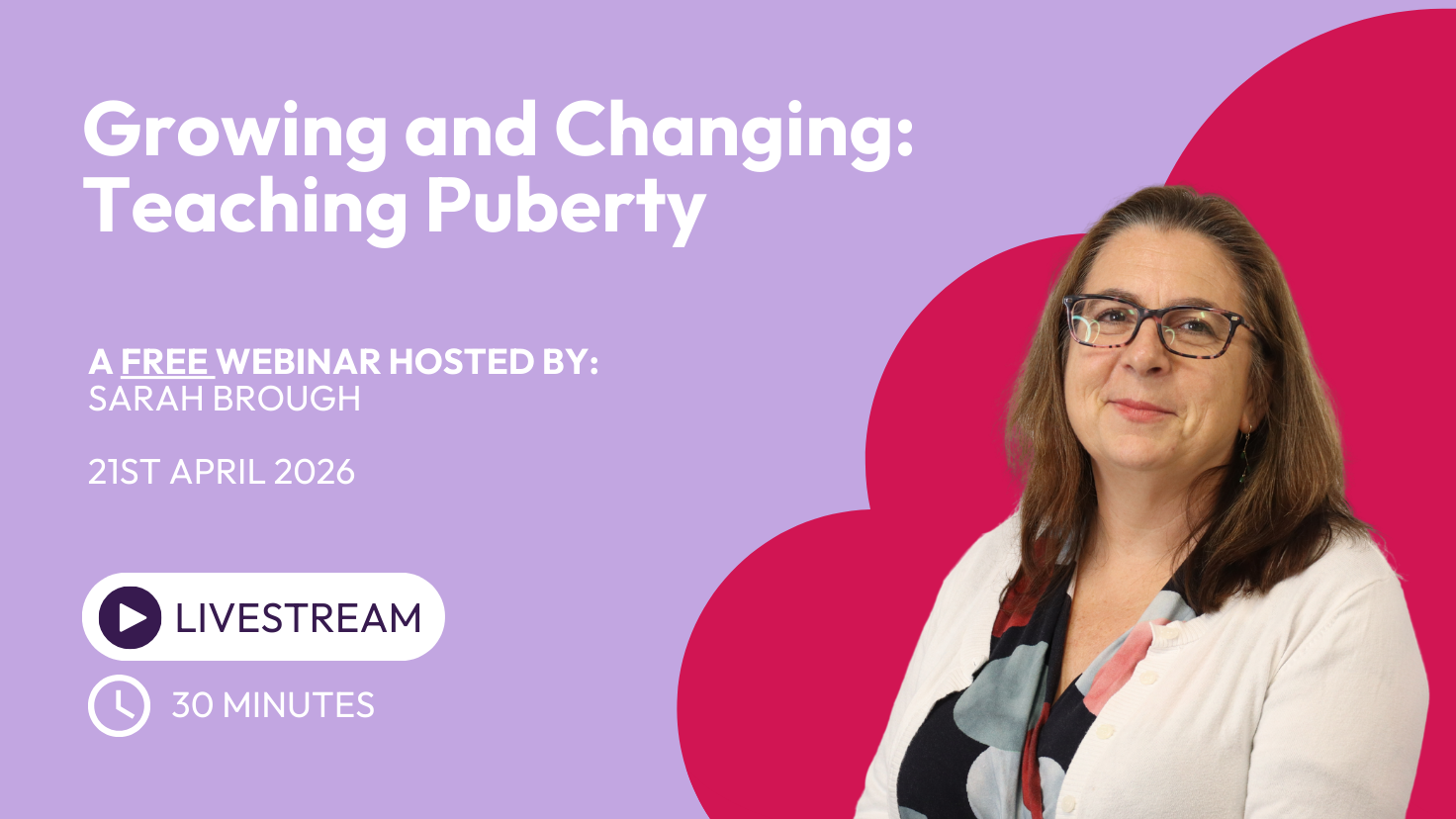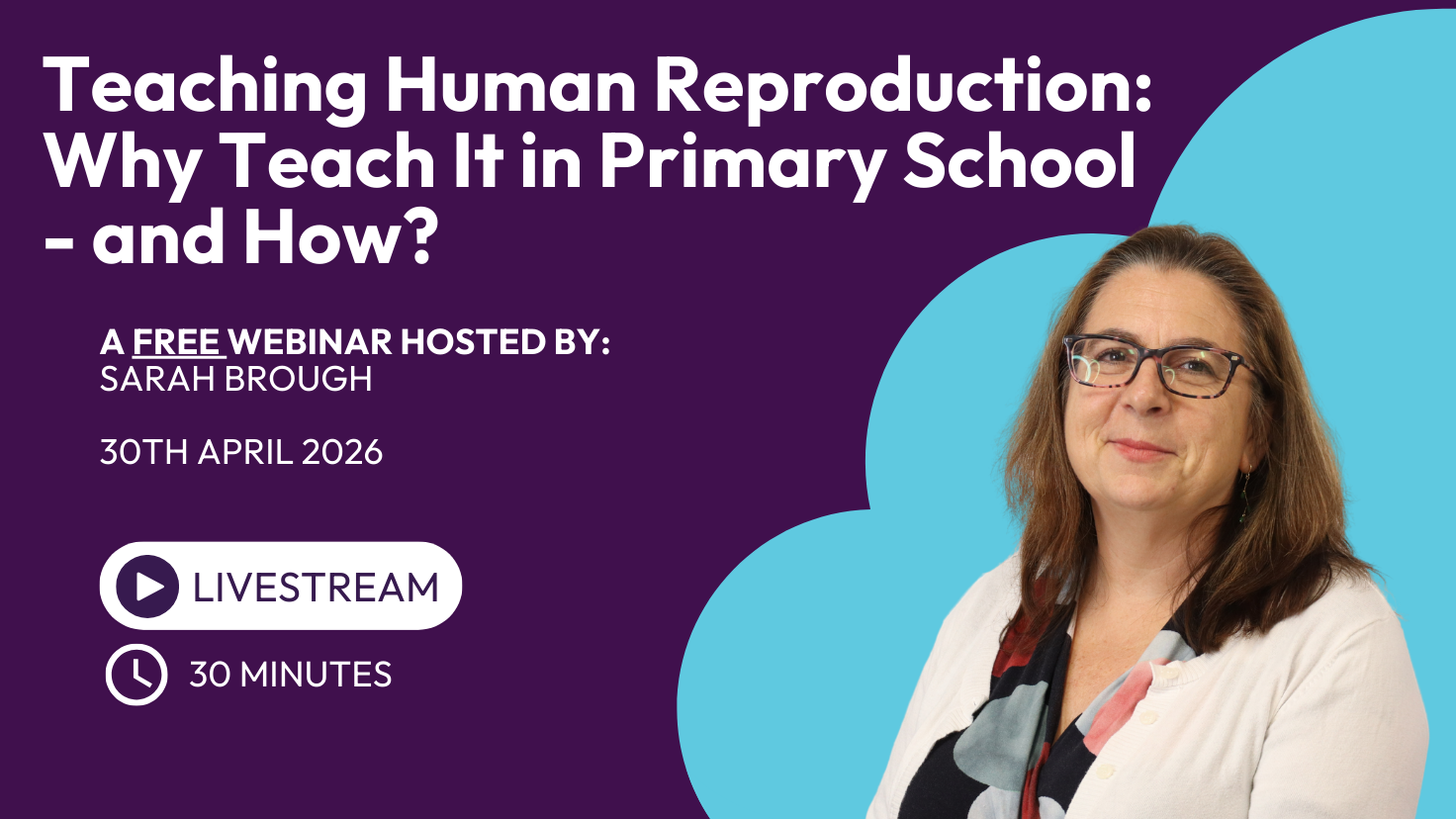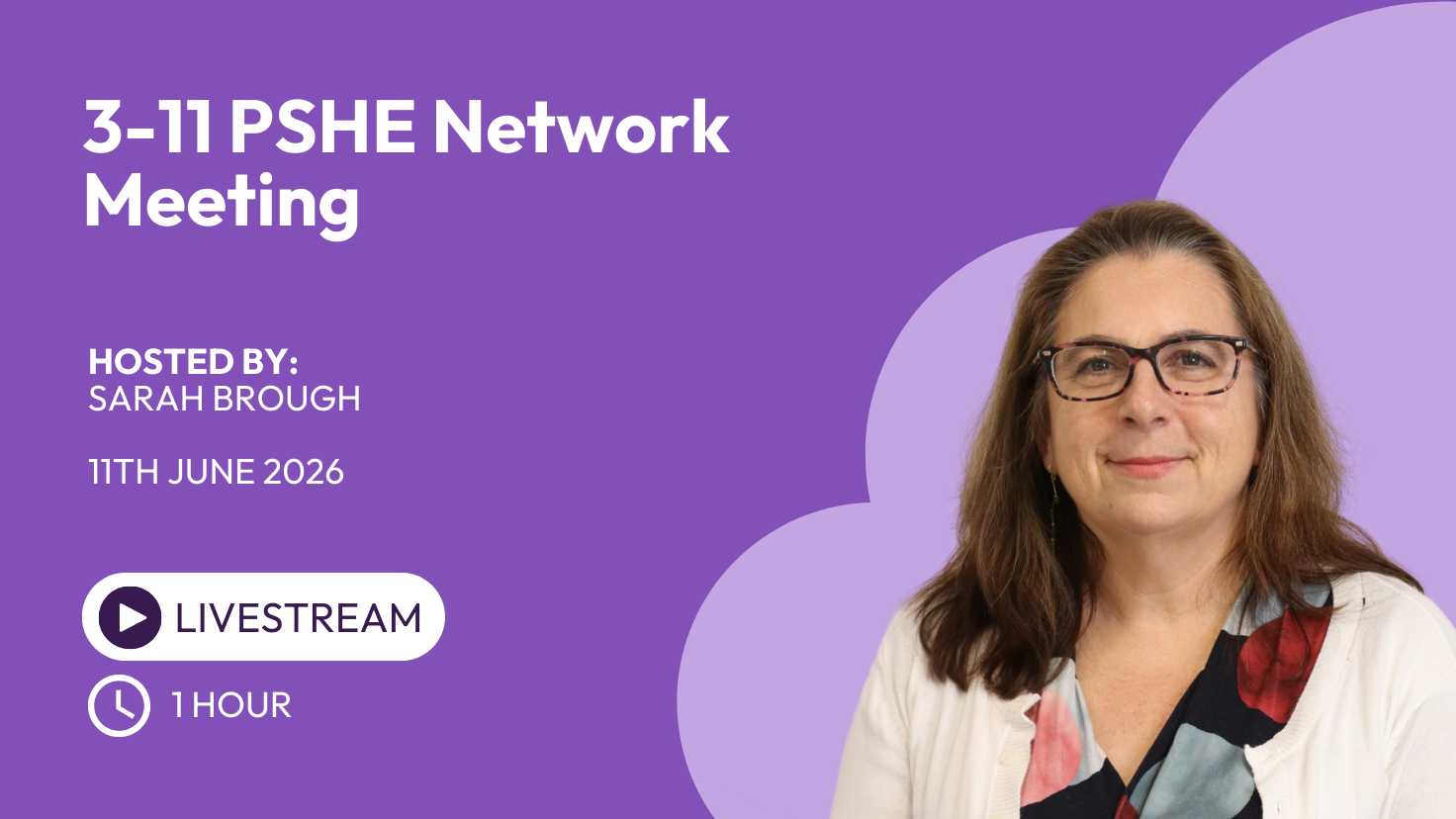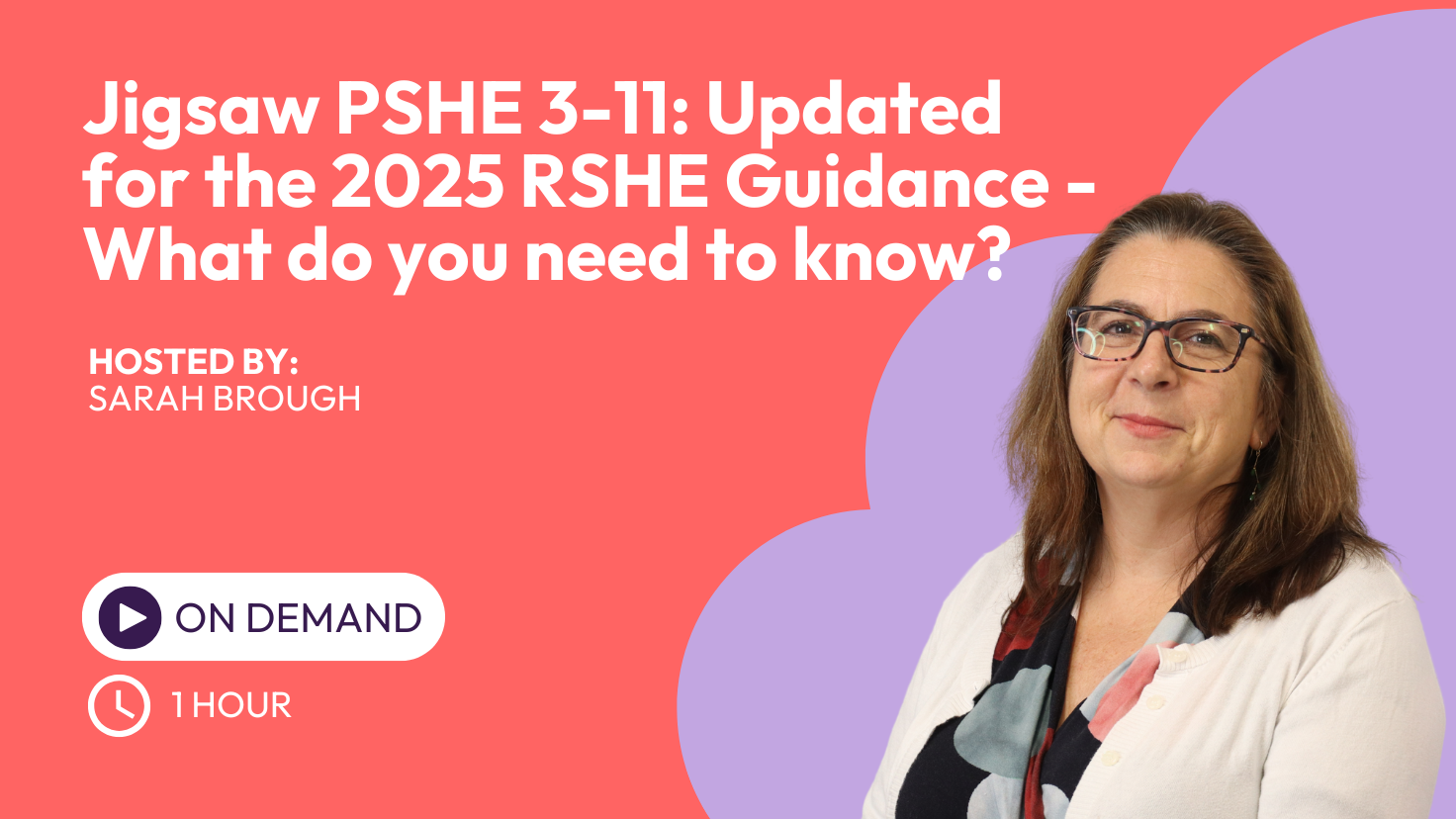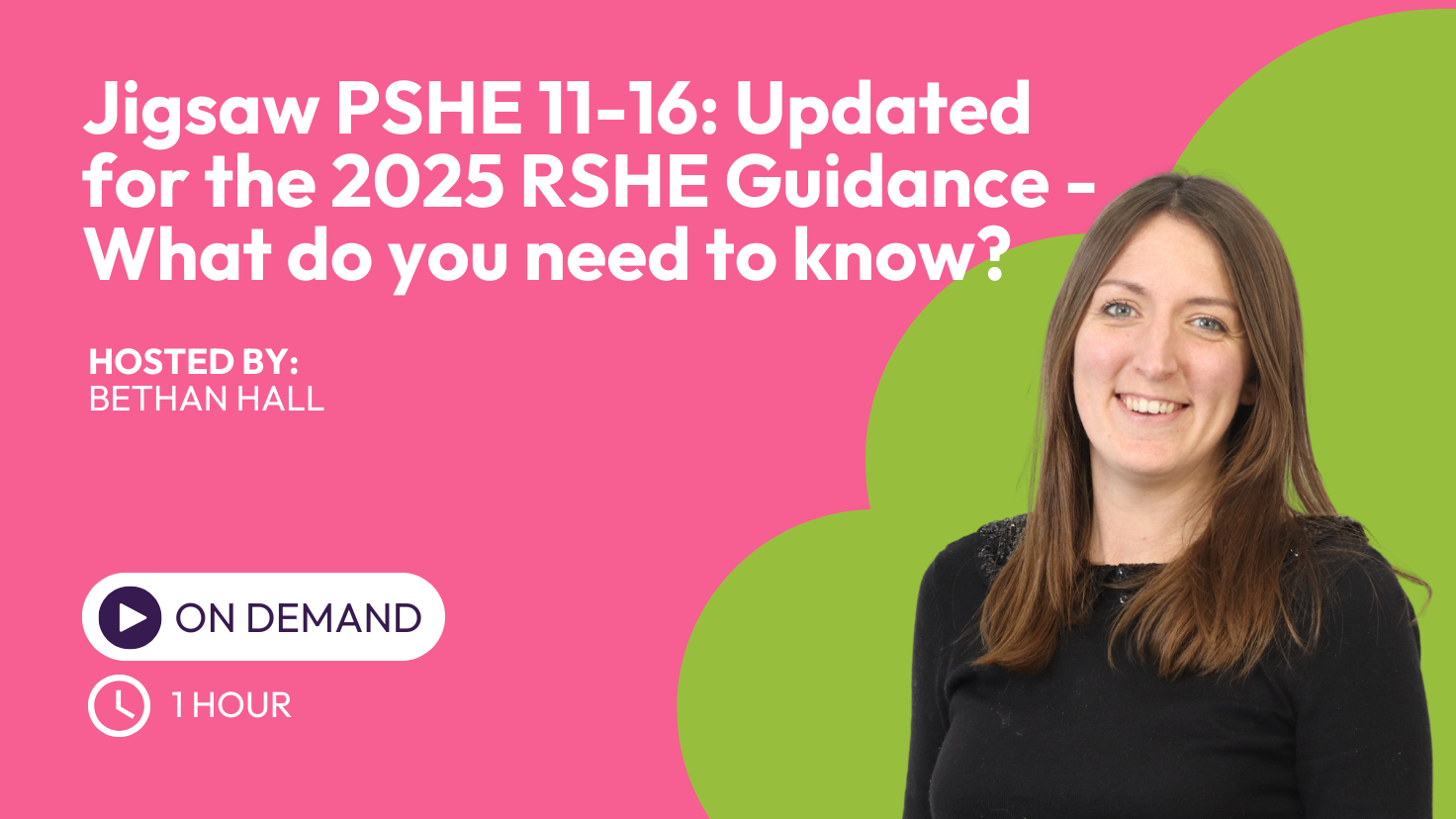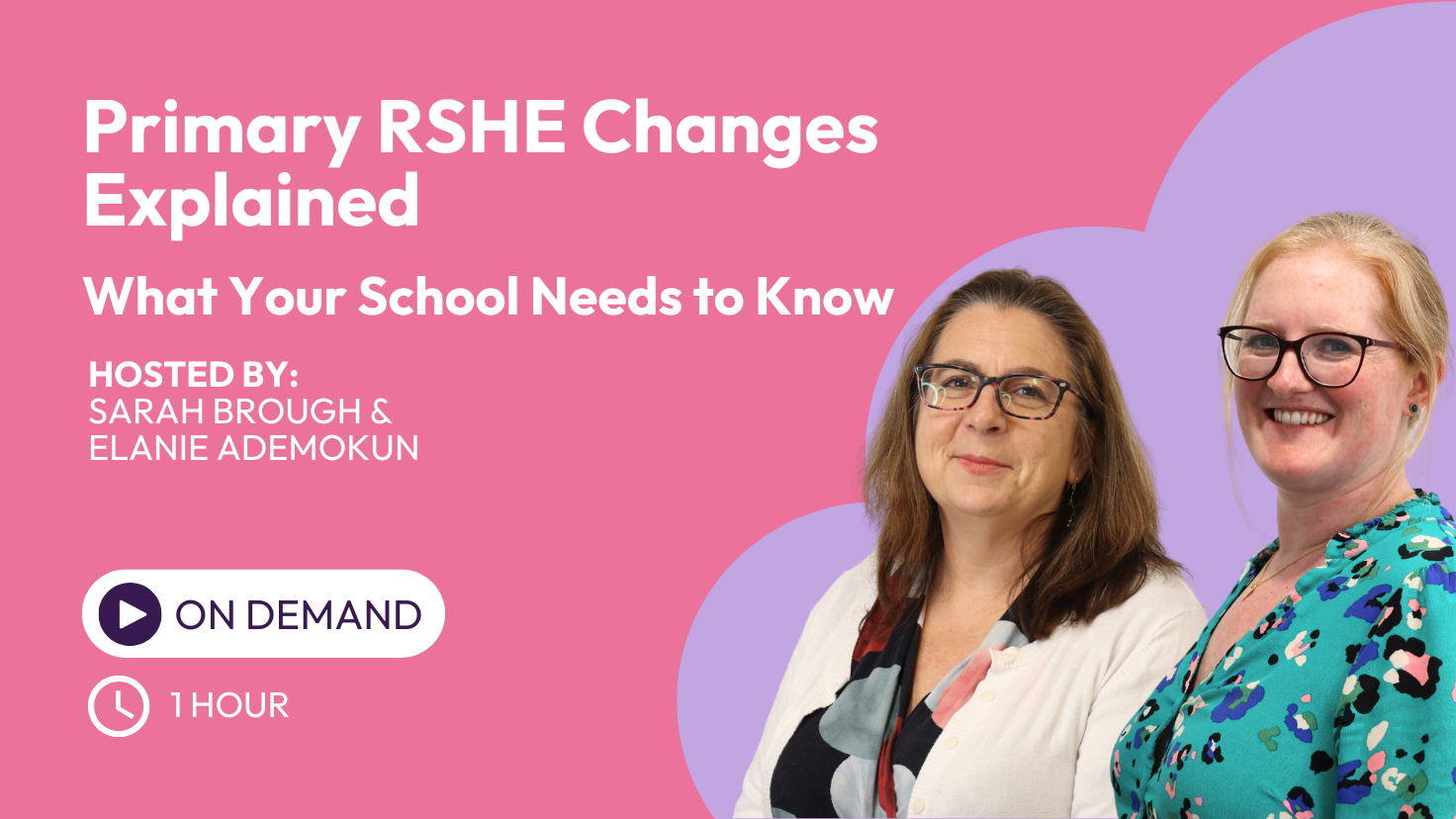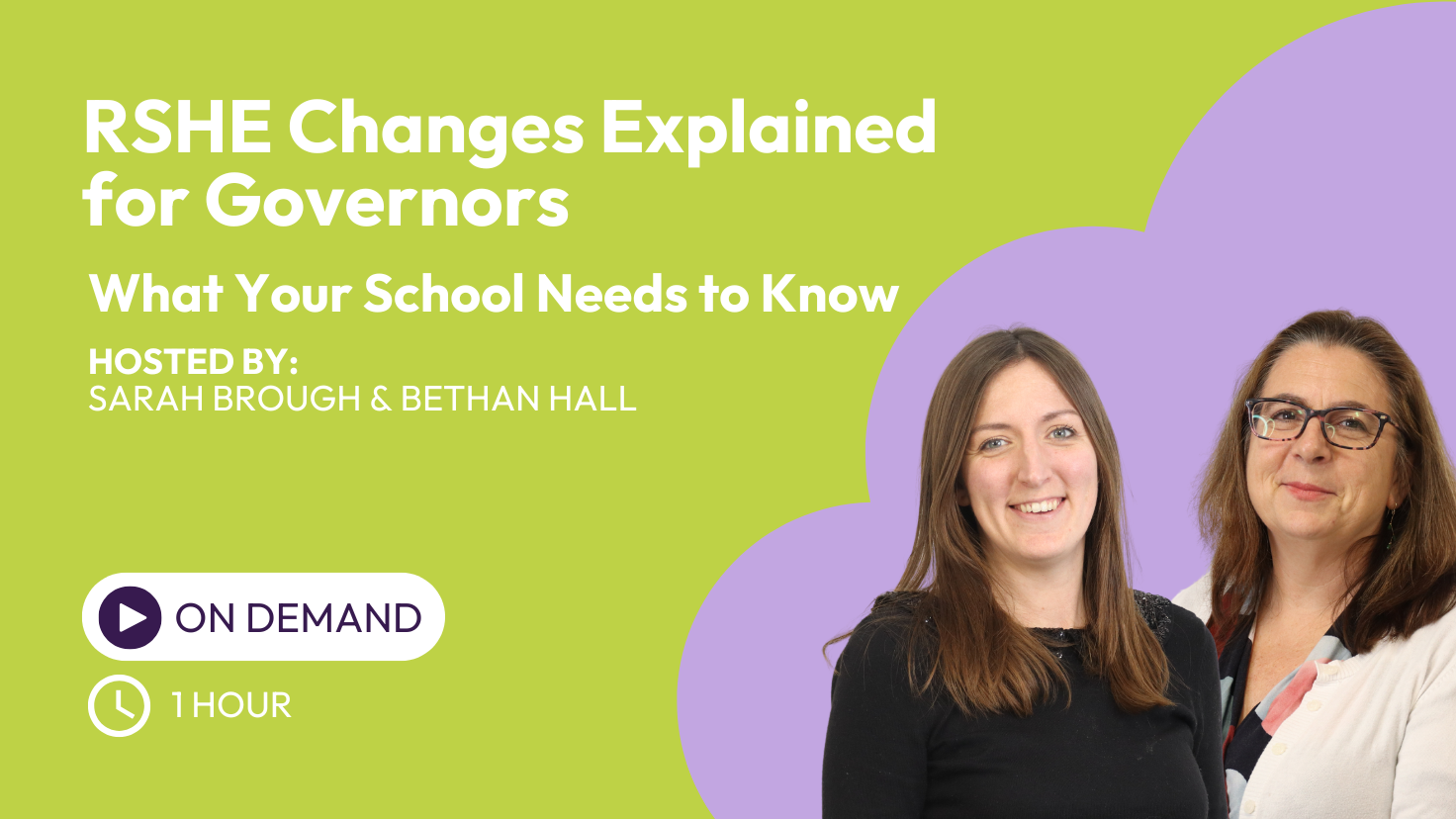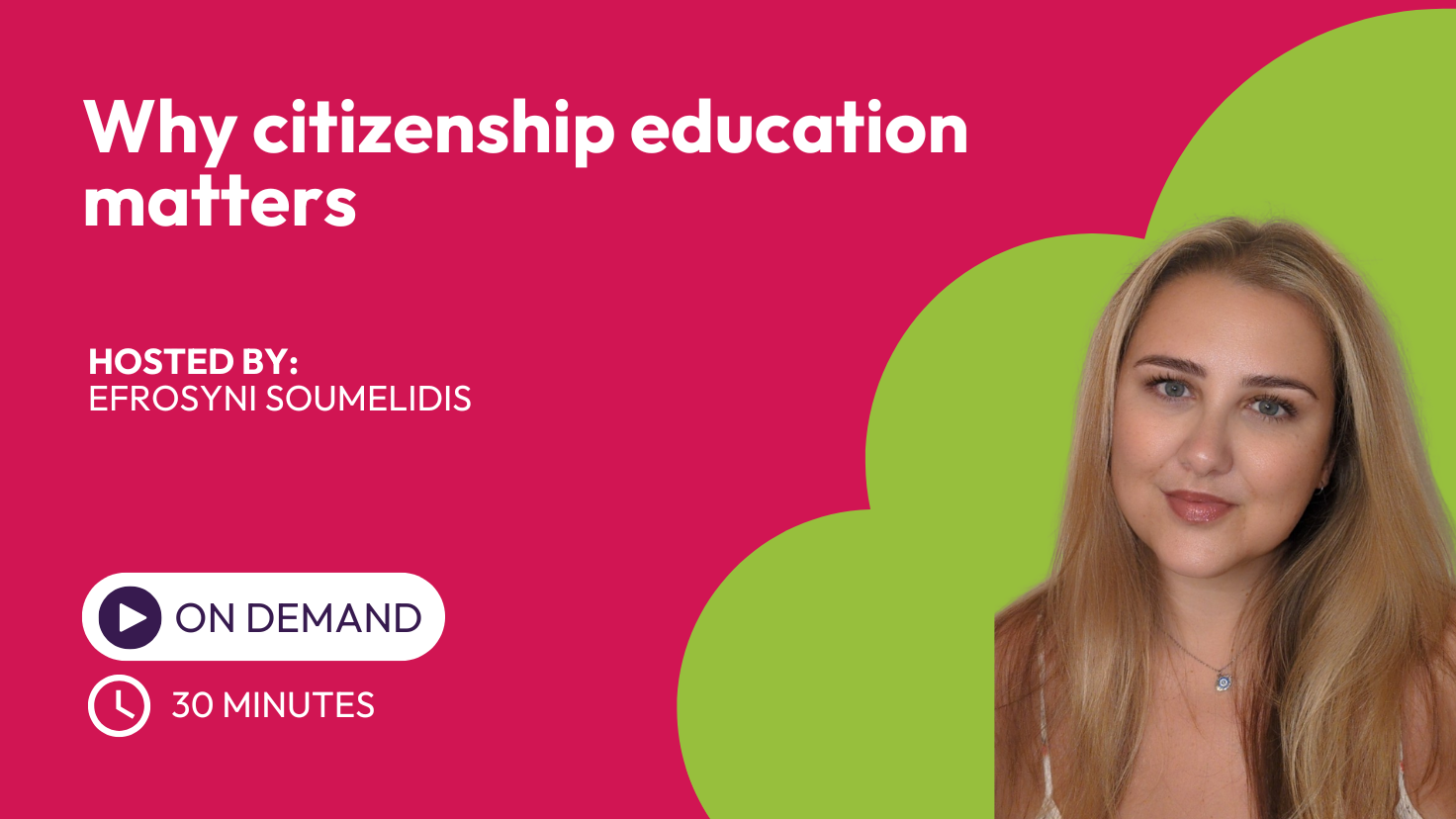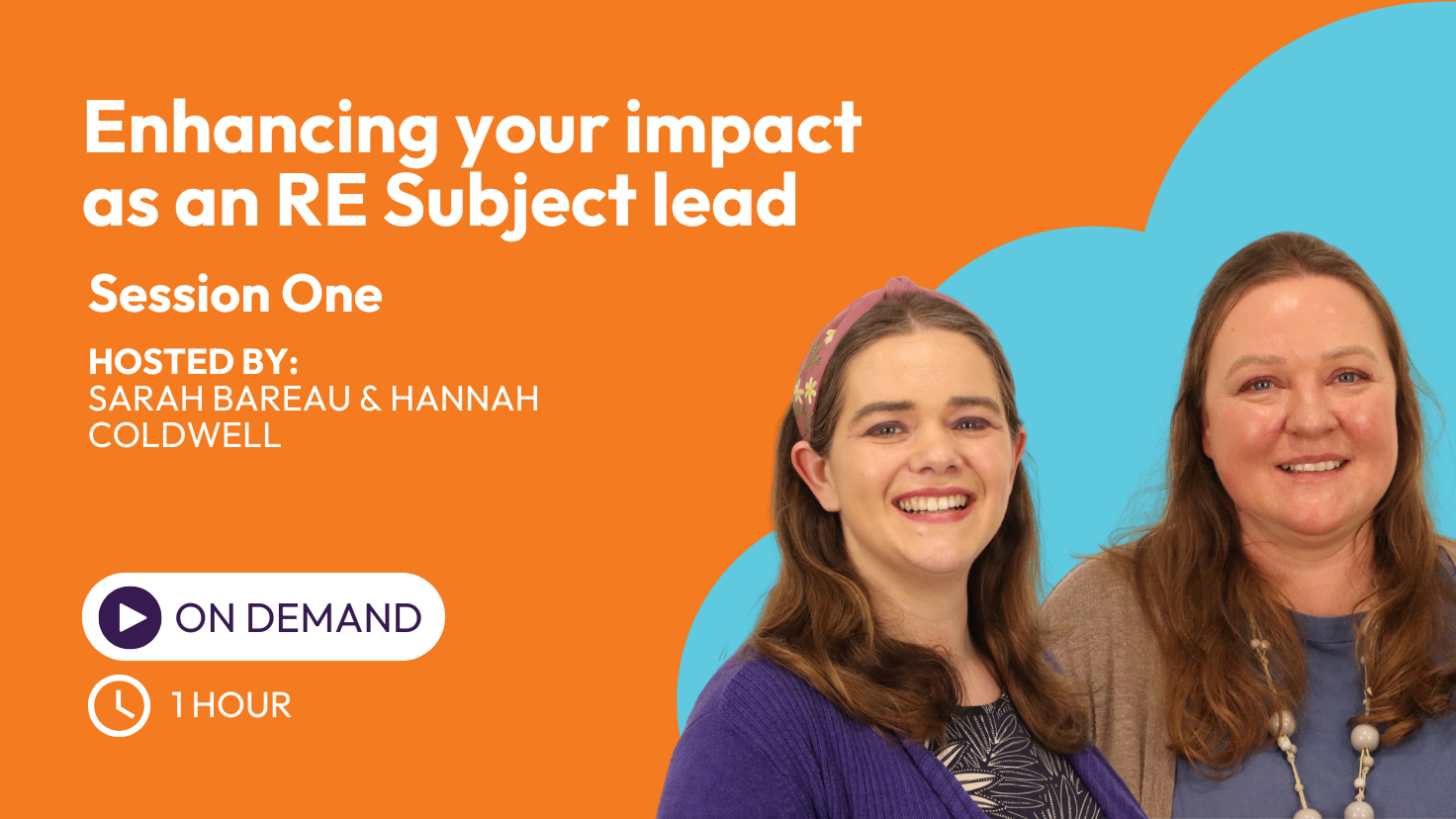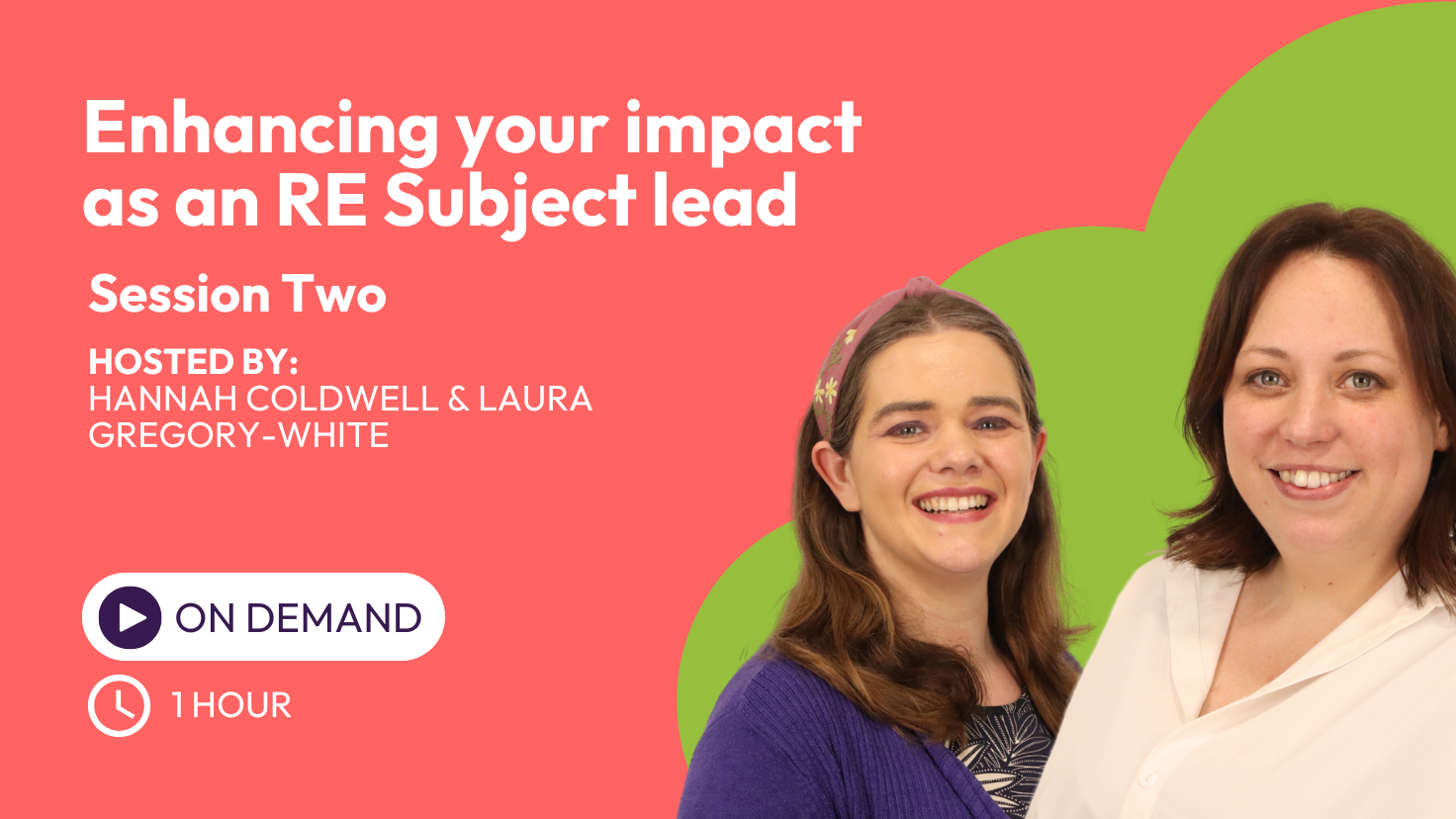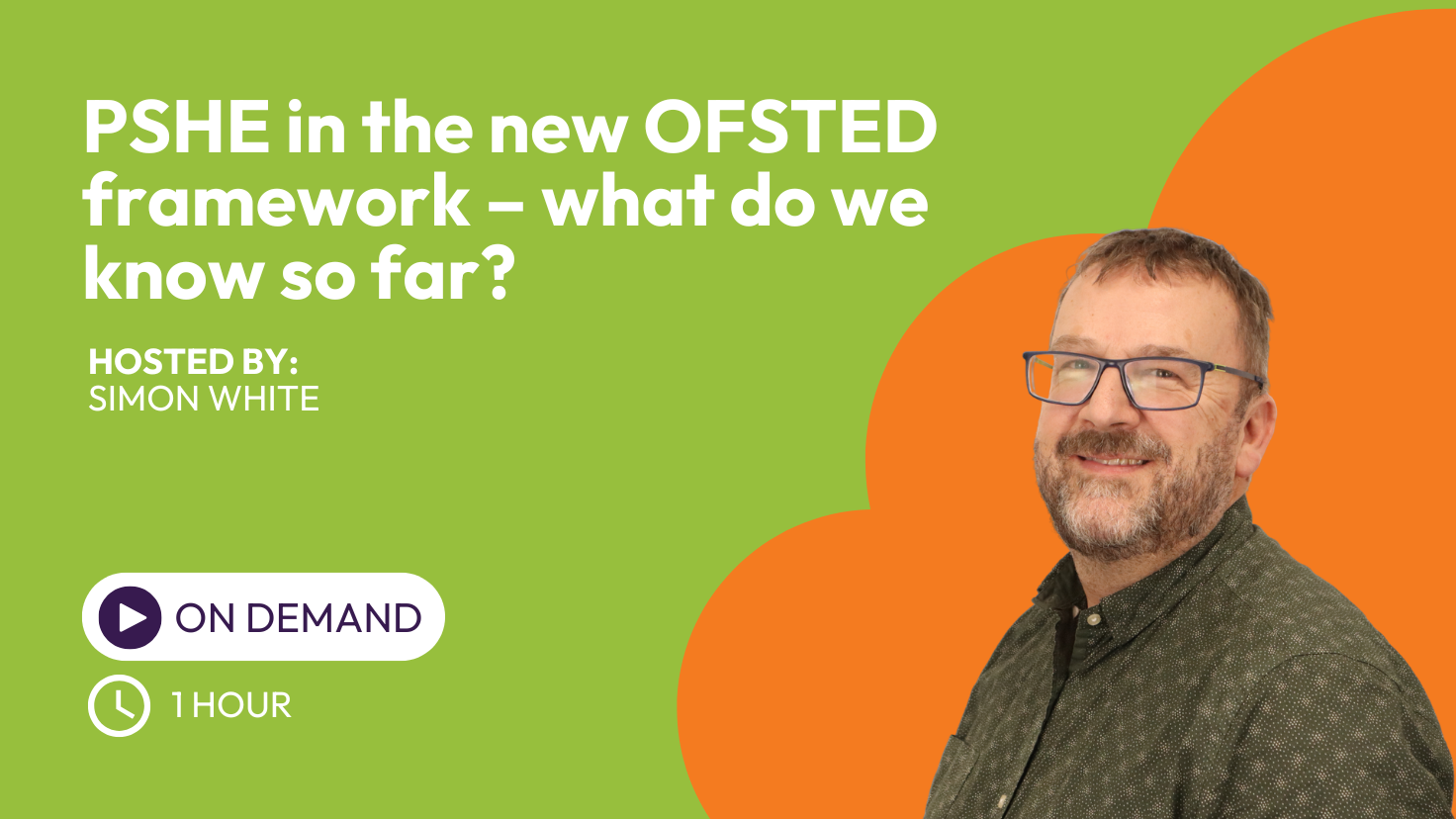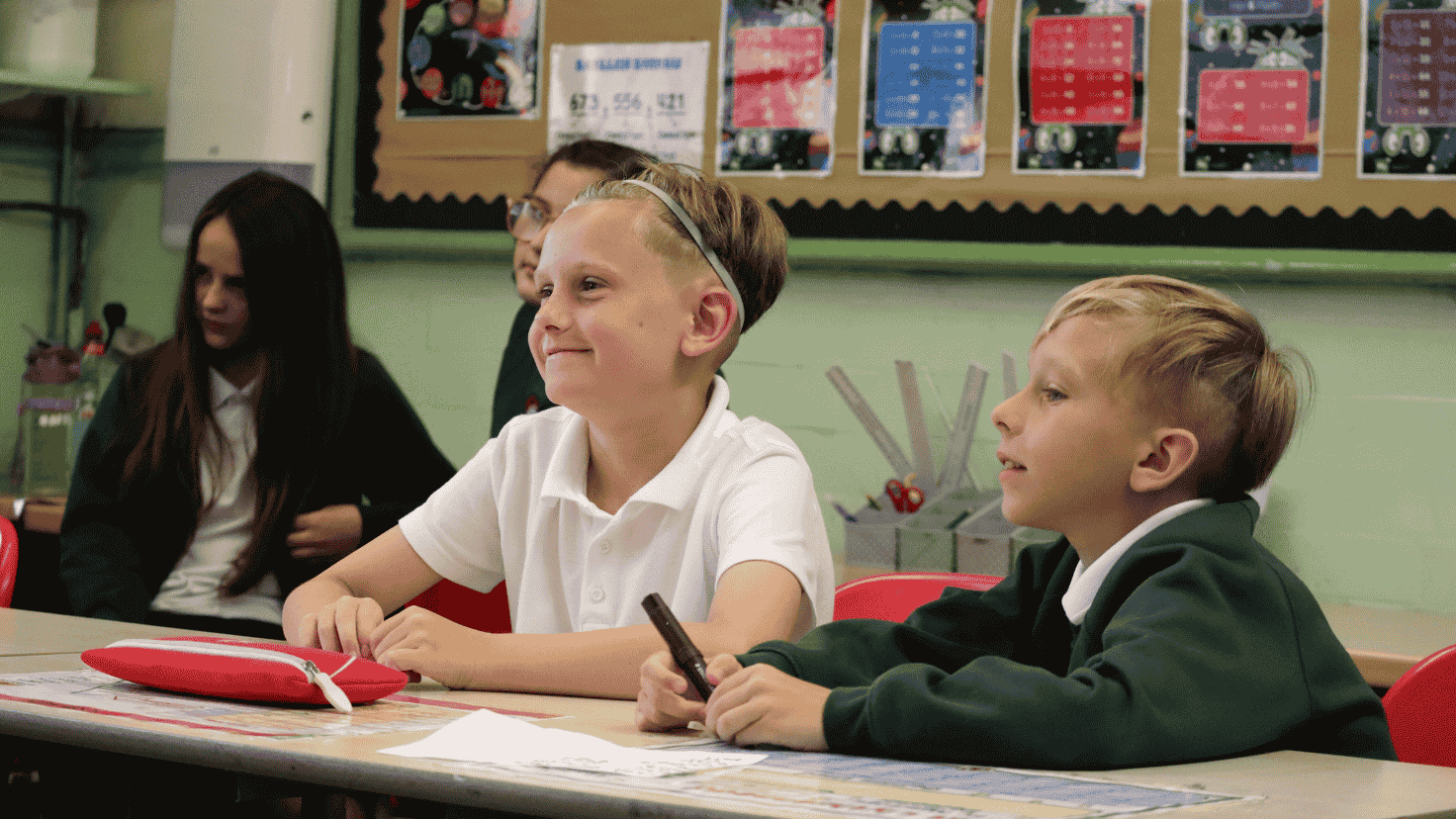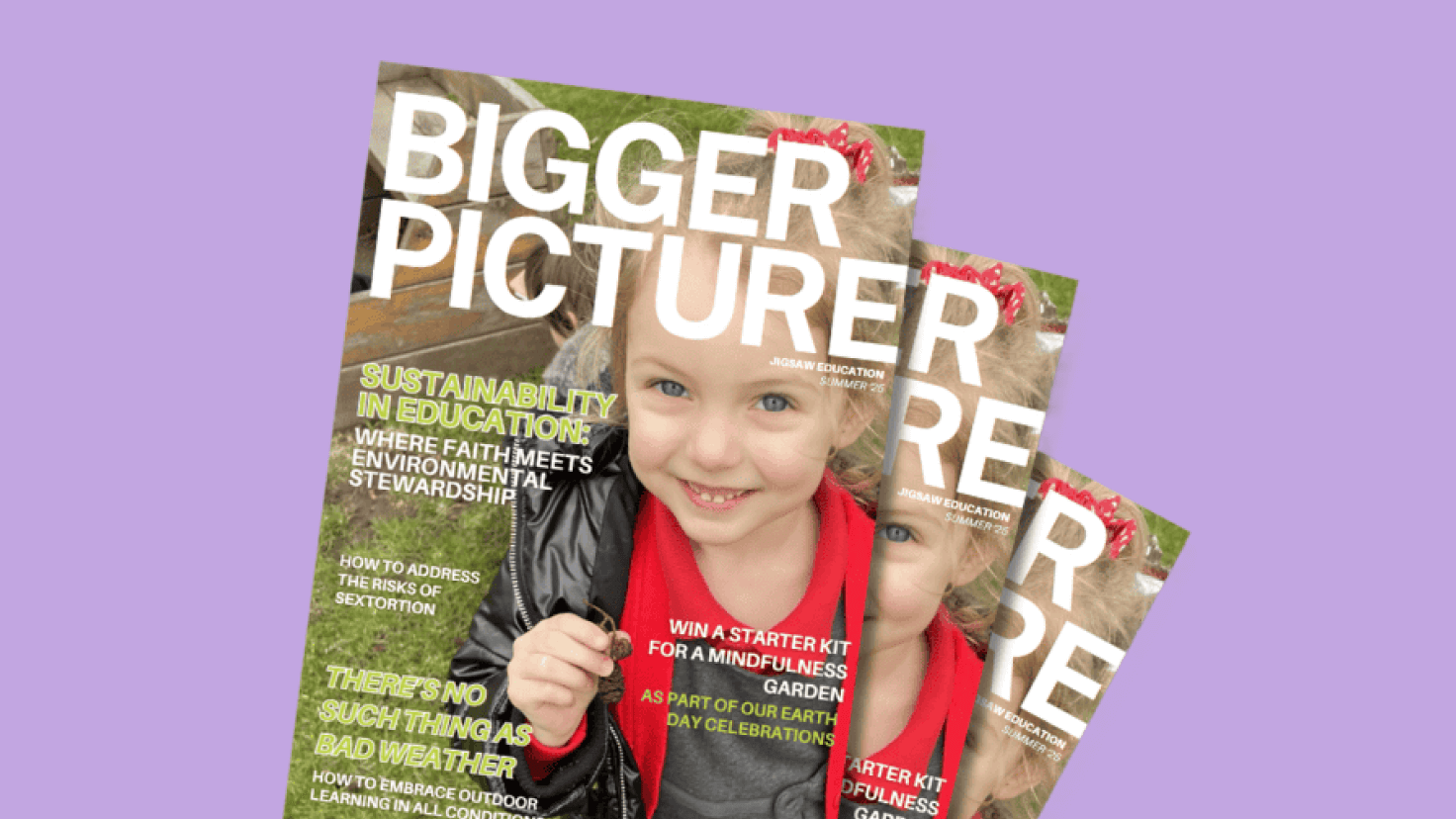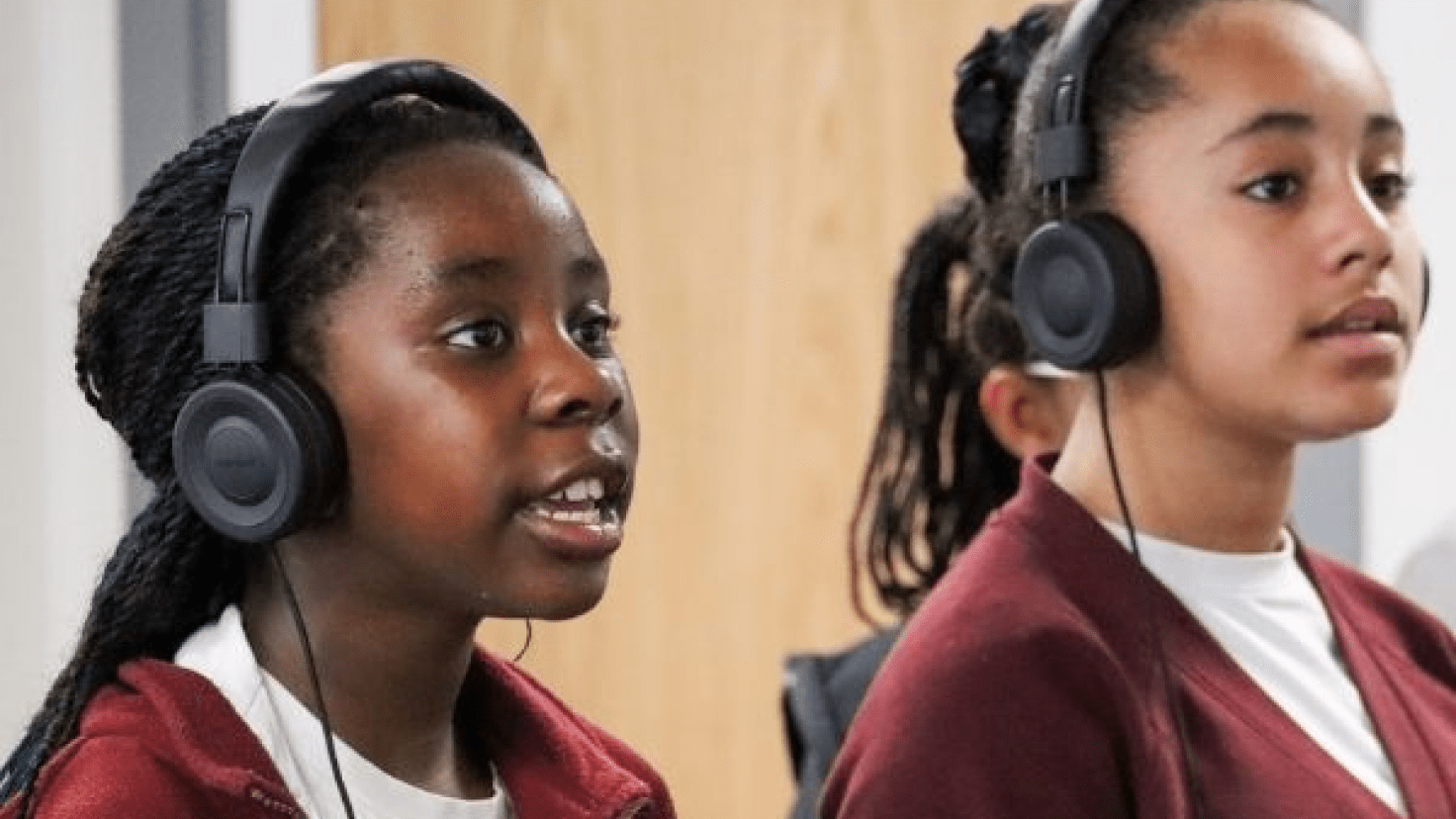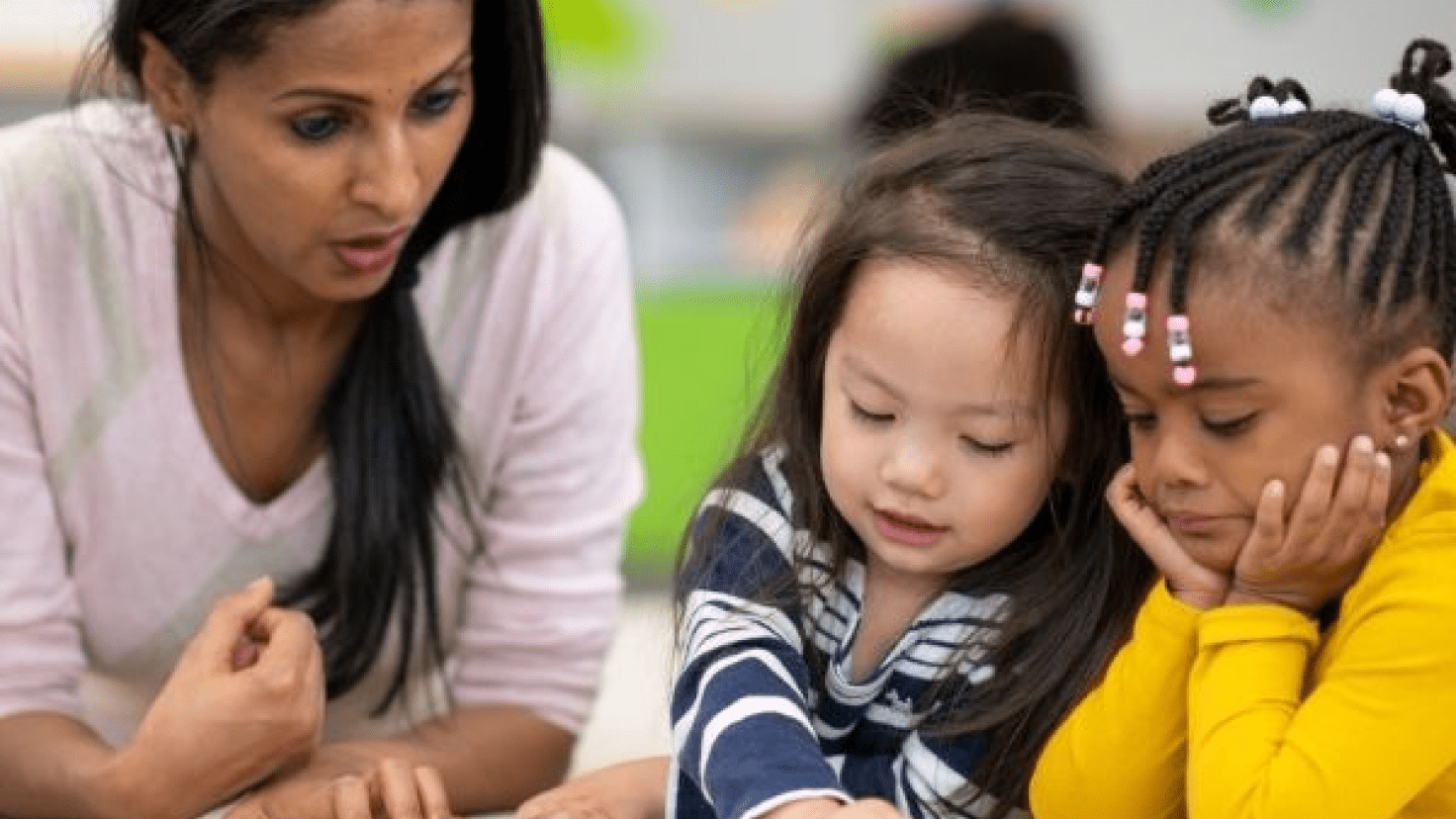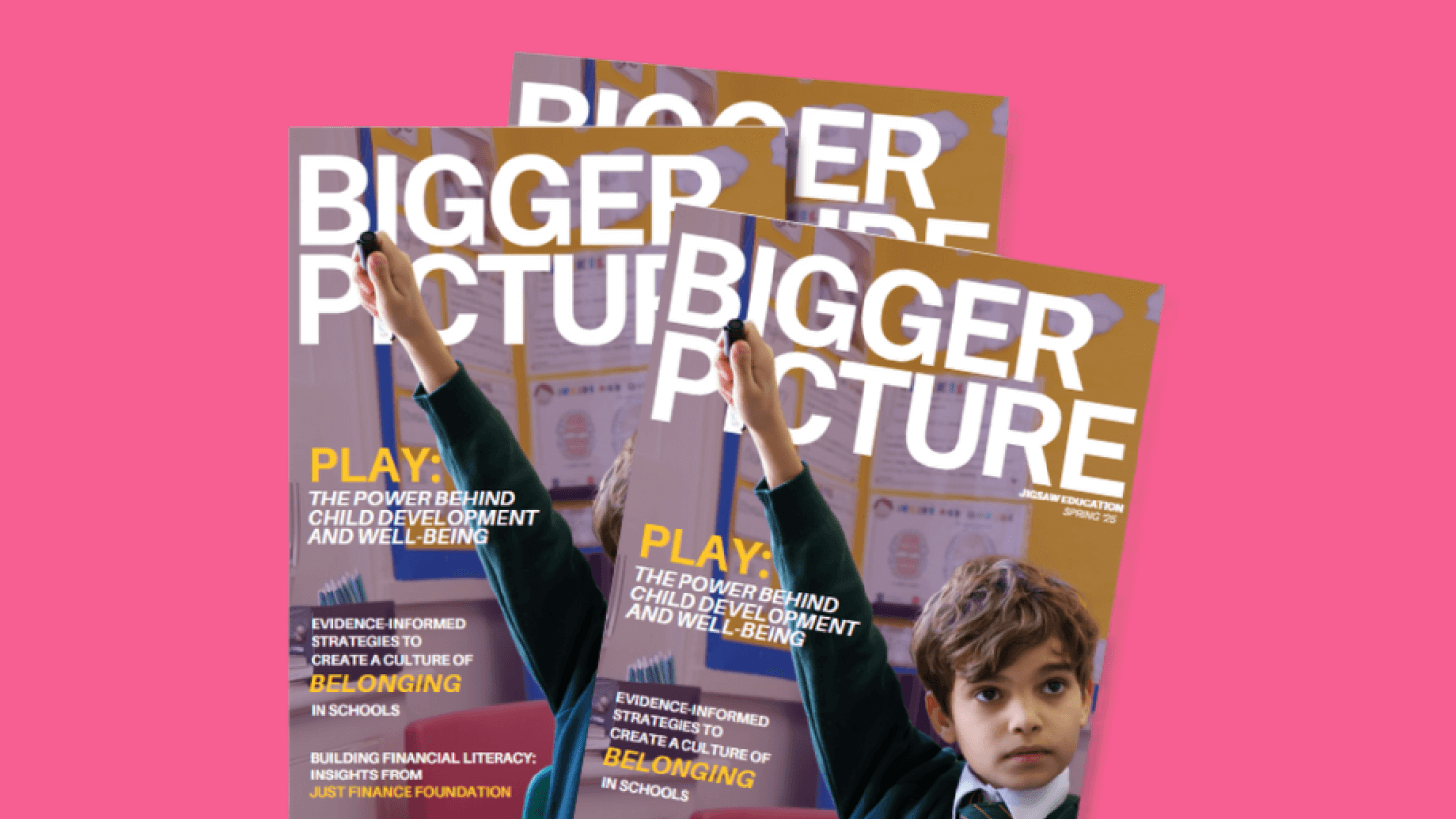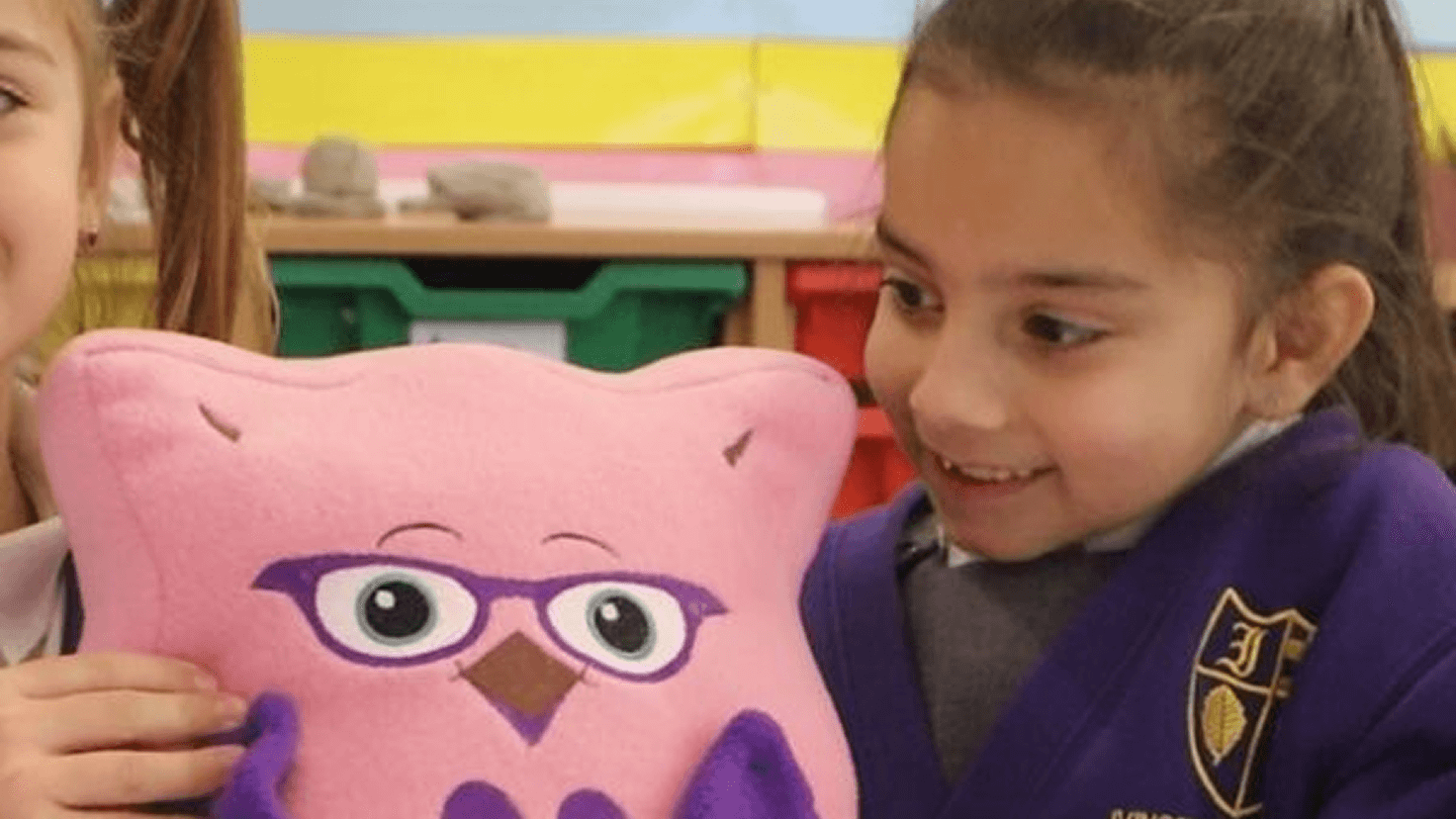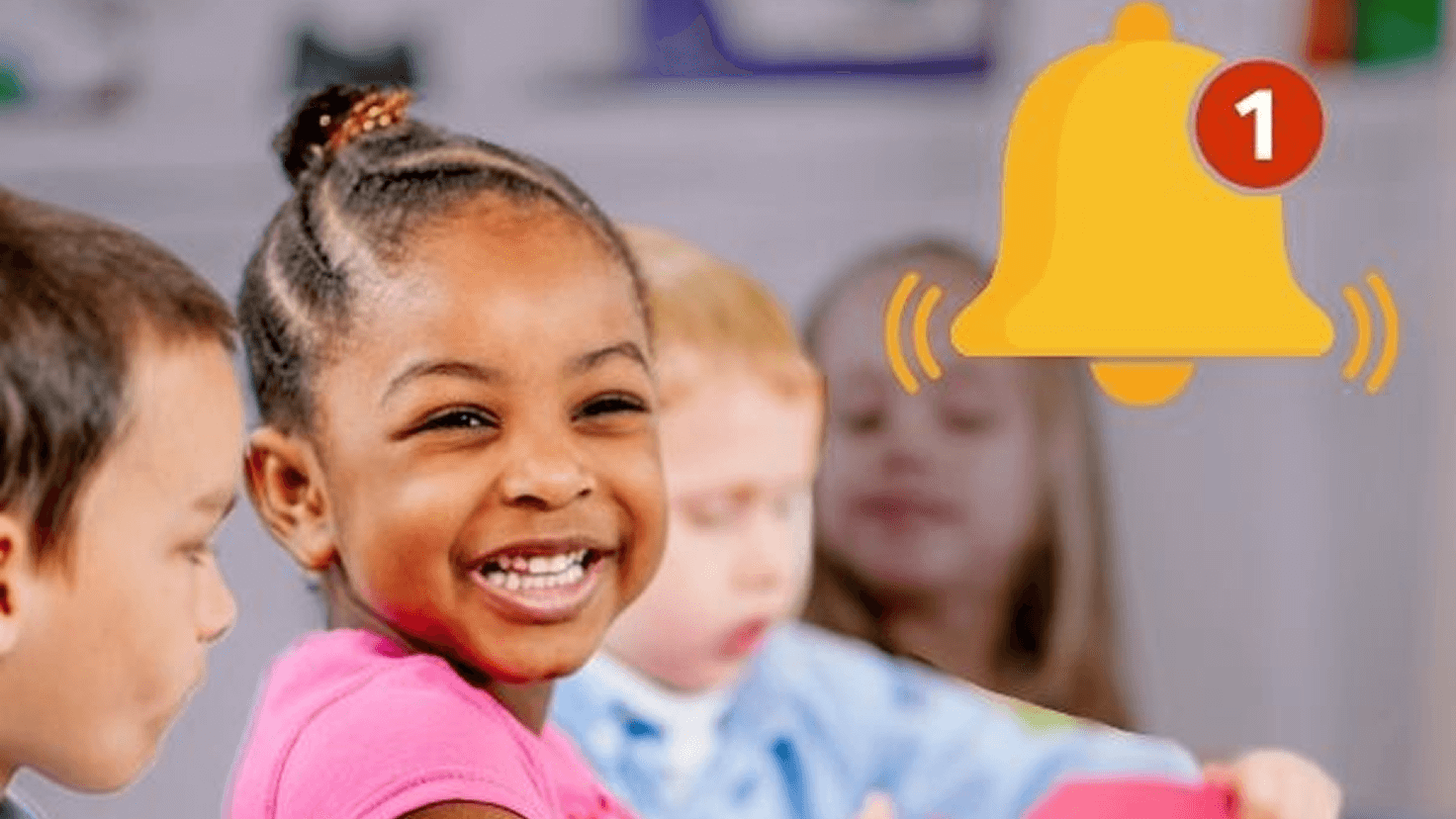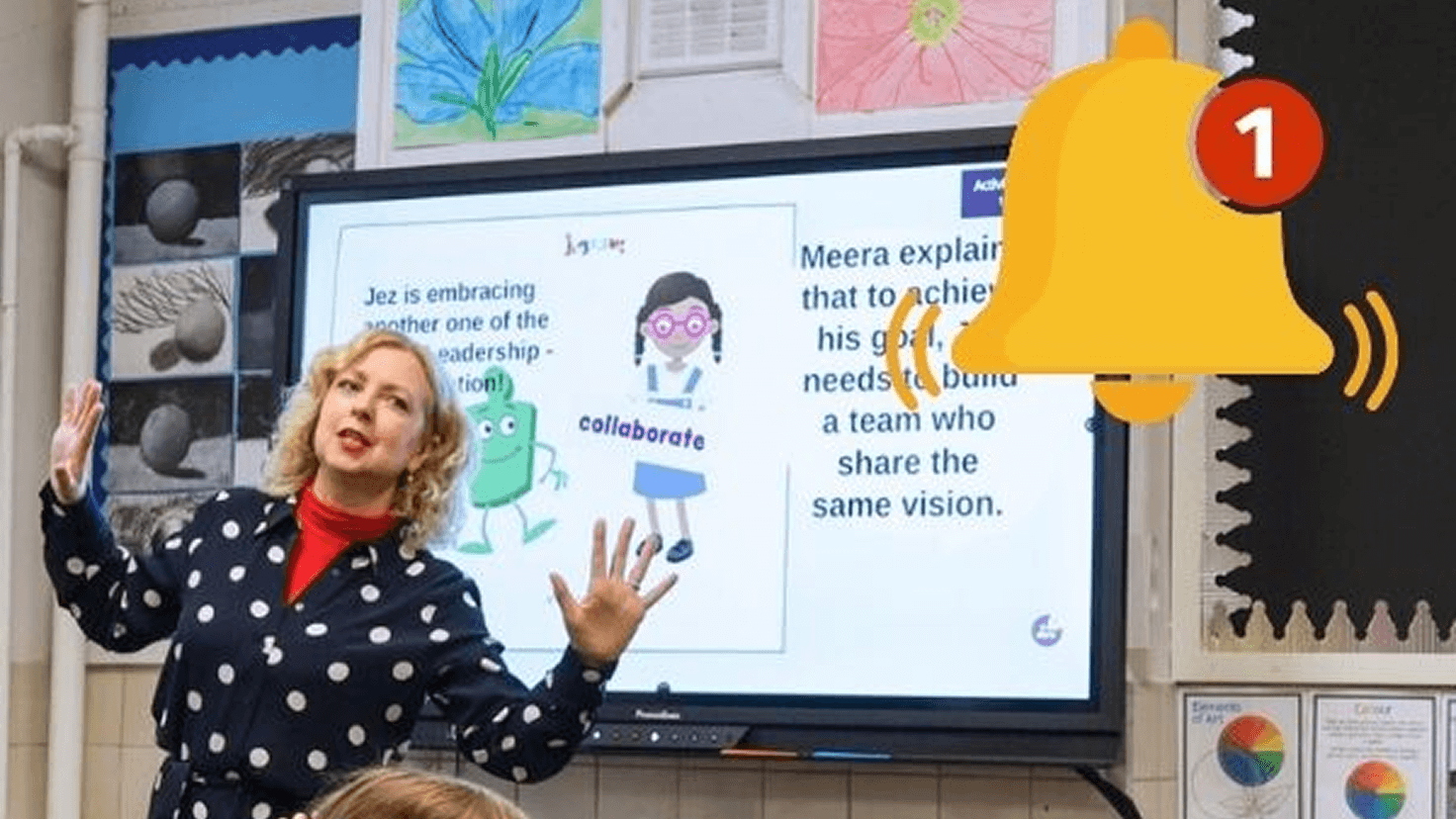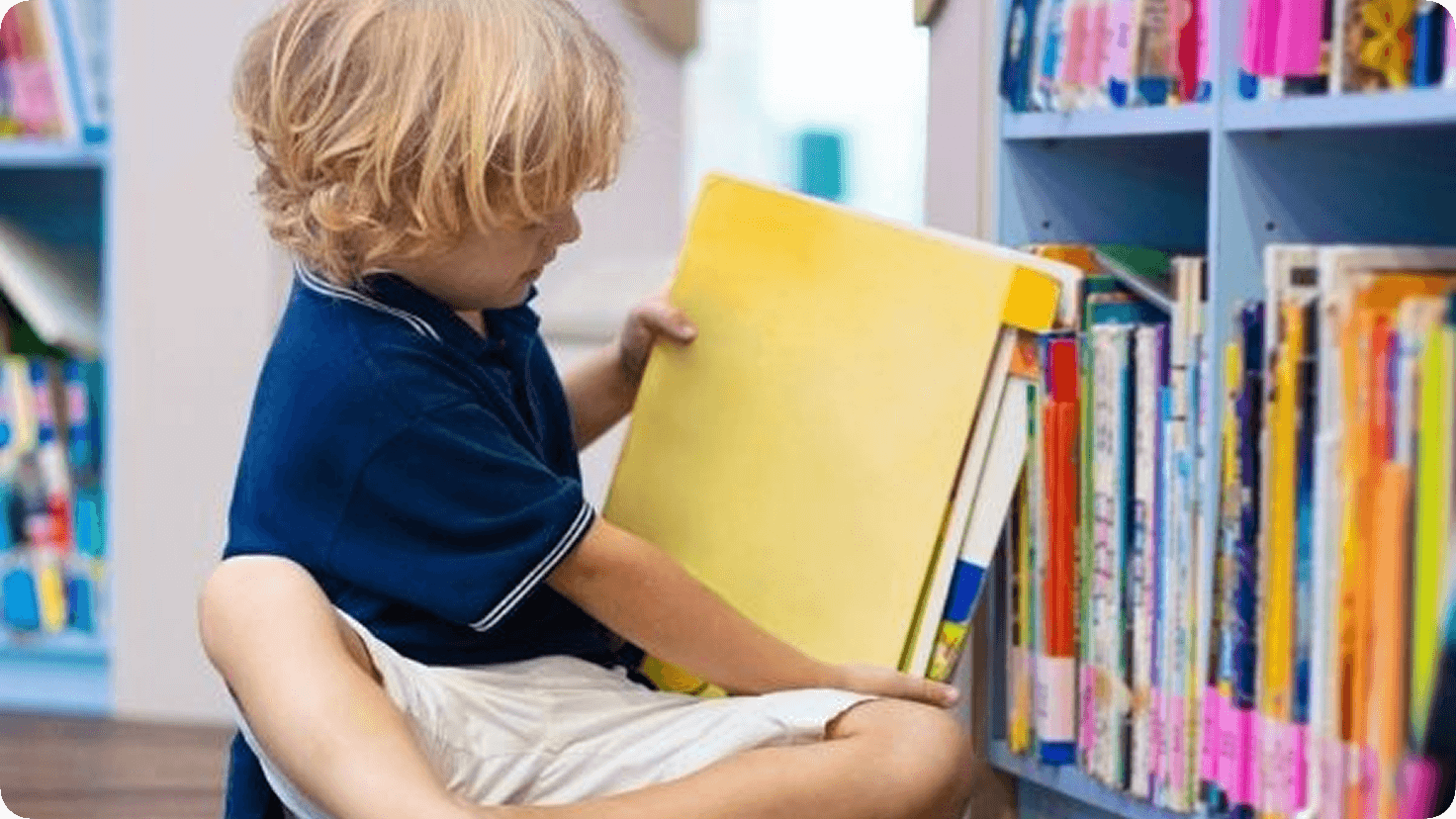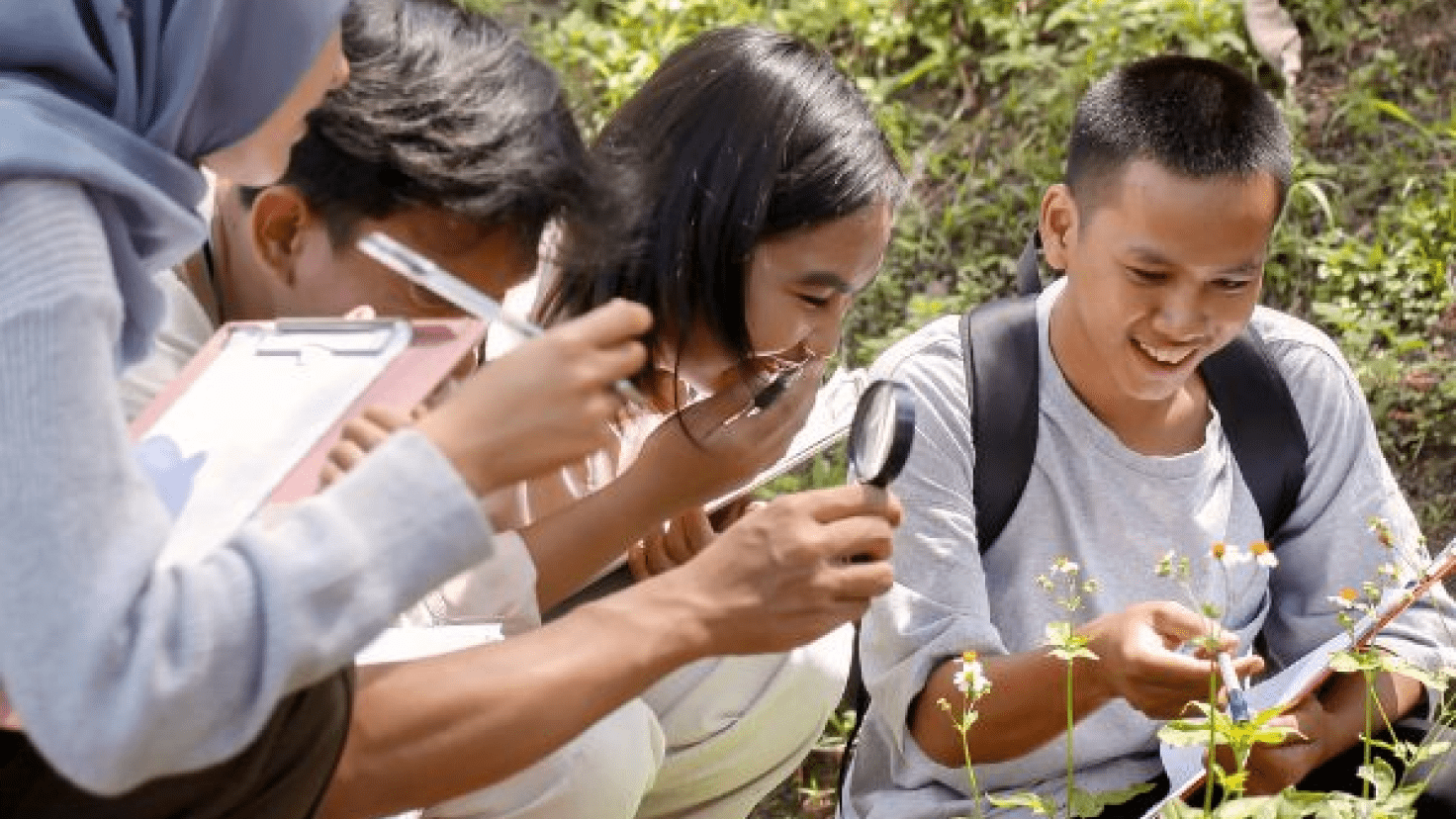Articles & Updates
02 October 2024
Belonging – Developing an Inclusive Environment

Belonging – How can we develop an inclusive environment in which children can be their best selves?
As a child, many of us may have believed that belonging was about fitting in—adapting ourselves to meet others’ expectations. But this can lead to feelings of worry and inauthenticity. True belonging is different. It’s about being accepted for who we are, without having to change. When we are comfortable in our own skin, we can better understand ourselves, develop our unique skills, and confidently contribute to the communities around us.
What does the research tell us about belonging?
Through the many pieces of research across the years, a consensus emerges: when we feel we belong, we feel safe to be ourselves, a sense of emotional security allows us to learn and grow with confidence and agency, and to positively contribute back into the communities in which we live, play, and learn.
Further emerging research on belonging was summarised this year by the NCB as part of their Belonging Matters (ncb.org.uk) project. The research continues to underline the importance of schools fostering this sense of belonging, to provide the foundation for children to grow into confident, capable, and compassionate individuals.
What can schools take from the research to help children feel a sense of belonging?
When children feel they belong, they are more likely to have positive relationships, achieve higher academic outcomes, develop resilience and other essential life skills. Schools must take intentional steps to ensure that they create physical and emotional spaces where every child feels valued, regardless of their background or identity.
Schools are not only academic institutions but also social spaces where children learn about and live in their relationships and develop their own identity. Unfortunately, the studies referenced in the NCB project (such as those conducted by PISA) indicate that many young people in the UK report feeling unsafe or unsupported in school environments.
What Schools Need to be Doing
Creating a sense of belonging in schools requires both individual actions and structural changes. Drawing on the recent research as highlighted in the NCB report, there are many positive achievable steps that schools can take to help children feel that they belong.
1. Strengthen positive teacher-to- pupil relationships by giving teachers more time and space to engage with pupils so that students feel seen and heard. This includes the small, consistent efforts such as checking in with students, acknowledging their individual achievements, and offering support. Teachers know these are important, but often find these difficult to maintain amongst other pressures, so need a school approach that looks to reduce administrative tasks to allow for more conversations and reflection time.
2. Strengthen positive pupil-to- pupil relationships by creating opportunities for pupils to interact positively with one another both in and out of the classroom. Group projects, peer mentoring, and team-building exercises can all help students form bonds and feel more connected to their peers, and this can be built into weekly lessons, through planned curriculum projects as well as through extra-curricular clubs at lunchtimes or after school.
3. Promote kindness and reward positive behaviours such as kindness, empathy, and collaboration through school recognition programmes and ensure that anti-bullying policies focus on kindness, empathy, and respect. Adults should model kindness, active listening, and inclusiveness, with school policies and initiatives reflecting this throughout the school.
4. Create a safe and inclusive environment with fair and consistent policies and procedures that support both physical and emotional safety.
Ensure that physical school spaces, including classrooms, playgrounds, and hallways, are well-monitored to prevent bullying and harassment. Unsupervised times, such as lunch or playtimes, can be especially important to monitor, as pupils often feel unsafe during these times. To support pupils’ emotional safety, ensure that all the policies in the school encourage open communication, through which pupils feel safe expressing their emotions, opinions, and concerns without fear of judgment. This should be reflected right through to a carefully planned PSHE curriculum that includes plenty of opportunities for developing and exploring emotional health and wellbeing, resilience, confidence and learning about each other.
5. Celebrate Diversity When students see positive representations of differences—whether in race, culture, or other aspects of identity or ability —it enhances their sense of agency and fairness within the school environment. This can be done through developing a culturally responsive whole school curriculum that allows students to see themselves and their families represented.
Look to include all kinds of diversity, and listen to young people and their families to find out what these may be. Actively address issues like stereotyping or marginalisation by creating safe spaces for students to share their experiences and feel heard.
6. Incorporate extracurricular activities as involvement in just one extracurricular activity can significantly boost a student’s sense of belonging. There’s a wide range of activities that this can include —from sports and music to after school cooking and games clubs, which can also sometimes be successfully pupil led.
7. Prioritise social-emotional learning across the whole school and use a carefully planned and progressive curriculum that allows pupils not only to develop the skills and understanding they need, but also to consider how they may apply different strategies in their everyday lives. Including mindfulness as a tool also helps young people learn to manage their feelings and take control of their actions in a positive way.
8. Engage parents and the community by encouraging wider involvement in school activities so that students feel part of something larger than the classroom.
9. Find and build opportunities to build a positive community by planning in regular school-wide activities that promote unity and teamwork, such as singing together, assemblies, charity events, and sports days.
How can Jigsaw PSHE's help to build a school where children feel a sense of belonging?
Jigsaw PSHE has always placed a whole-school approach at the heart of its programme, embedding opportunities to nurture the whole child as a valued member of the school community. From the early years, Jigsaw's lessons are designed to help children recognise that everyone has a voice that matters. This holistic framework helps to cultivate a school environment where every child is supported and valued for who they are.
By promoting emotional literacy, celebrating diversity, and fostering positive relationships, Jigsaw PSHE equips schools with the tools they need to create an inclusive environment where every child feels they belong. Through its structured approach, Jigsaw not only teaches academic and social skills but also nurtures the self-awareness, empathy, and resilience that children need to become their best selves. In doing so, it helps build schools where all children, regardless of background or ability, feel valued, accepted, and supported.
Focus on Emotional Well-being and Self-Awareness for all
- Emotional regulation and resilience: Jigsaw PSHE explicitly teaches emotional regulation, mindfulness, and resilience, helping children to manage challenges both socially and academically and to engage more fully in school life.
- Mindfulness practice: The integration of mindfulness in Jigsaw lessons teaches children how to centre themselves improving focus, well-being, empathy and connection with others, enhancing the overall classroom climate.
- Support for underrepresented groups: Jigsaw PSHE helps teachers create safe, inclusive classrooms where all children, including those from underrepresented or marginalised backgrounds, feel safe to express themselves. The structured discussions and activities allow students to share their experiences and identities without fear of judgment or exclusion, which is essential for building belonging, especially among minority groups.
- Tailored support for emotional needs: Jigsaw provides activities that help children understand and navigate their emotions. For students who may feel alienated due to personal or demographic characteristics, these tools offer a way to process feelings and experiences while also building self-esteem and belonging. Jigsaw PSHE also provides a resilience toolkit that can be used with classes, groups or individuals to identify those children who may need help building resilience, which may be connected to a lower feeling of belonging that could be reinforced to with further intervention and support.
Encourage Positive Relationships
- Building social skills and empathy: Jigsaw PSHE’s structured lessons help students develop crucial interpersonal skills like empathy, active listening, and conflict resolution. These skills are essential for nurturing friendships and positive relationships with peers and adults, which are directly linked to a stronger sense of belonging. When students feel understood and supported by their peers and teachers, their connection to the school community grows.
- Connect Us games in Jigsaw 3-12 are designed specifically to build a sense of belonging and the social skills that we all need to build positive relationships, and the teacher joins in with all these activities as part of the class.
- Modelling of questioning, listening, and reflecting are built into the lessons, helping to build positive peer and teacher-pupil relationships where kindness, respect and different views are valued peers and adults in the classroom. Direct teaching also teaches the skills to resolve conflicts respectfully, so pupils can practise listening and talking with those they may not agree with. This builds a culture of cooperation and reduces negative interactions that can harm students’ sense of belonging.
Creating a Safe Space
- The use of the agreed Jigsaw Charter in every weekly lesson allows children to discuss a wide range of topics respectfully, ensuring that teachers can provide a learning environment where every child’s voice matters. Jigsaw encourages open, honest discussions about topics like relationships, respect, and diversity. By facilitating structured conversations, it gives students the opportunity to voice their thoughts and listen to others in a non-judgmental space.
- In “Being Me in My World” at the beginning of each academic year, students explore their identity, place, and role within the school community. This includes an opportunity for all children across the school to build a School Learning Charter together, encouraging children to reflect on their individual value, shared expectations, and to build a sense of collective responsibility and inclusion. This is then built upon through all the lessons in the rest of the year, and as children revisit the themes each year their learning is built upon and developed to reflect their age and experience, as with each of the other Puzzle themes.
- Jigsaw Outdoors and Jigsaw Games take the learning out of the classroom and provide further safe spaces for pupils to develop their relationships, to connect with each other and with adults.
Promoting Inclusivity and Valuing Differences
- Celebrating diversity: Jigsaw’s curriculum includes lessons that celebrate diversity and individuality, helping students appreciate different perspectives, cultures, and identities. Lessons highlight the importance of accepting differences in race, culture, family structures, and individual characteristics. This inclusivity ensures that all students, regardless of background, feel seen and valued in their learning environment. Schools can use this as a foundation for building a school culture where differences are embraced and where no child feels the pressure to “fit in” to a narrow definition of what is acceptable.
- Anti-bullying focus: Jigsaw places a strong emphasis on promoting kindness and understanding, with clear lessons about bullying, peer pressure, and respect. By teaching children the skills to stand up for themselves and others, Jigsaw helps create a community where students look out for one another, reducing isolation and exclusion. During Anti-Bullying Week, teachers can easily link lessons across the school to the national campaign, increasing pupils’ awareness of how they fit into wider communities. Jigsaw provides additional resources each year to help schools to the specific theme from the ABA.
Parental and Community Involvement
- Engaging families: Jigsaw encourages schools to involve parents and the wider community in the PSHE curriculum through specific resources and questions to send home, and enabling parent access to all the lesson plans and slides. Parents can reinforce the values taught in Jigsaw lessons at home. This strengthens the school-home connection, making students feel part of a broader, supportive network.
- One of Jigsaw PSHE’s strengths is its consistent, school-wide structure. The same themes of belonging, emotional literacy, and community are explored across all year groups, ensuring that every child, regardless of age, has the opportunity to develop a sense of self and place within the school. This coherence helps students feel a strong, ongoing connection to their school community from one year to the next.
- This whole school approach helps pupils to live and practice what they are learning in lessons across the school. Assemblies, songs, end of Puzzle projects and weekly celebration themes help to bring the school community together. When children see their teachers, peers, and families all working together to foster an inclusive environment, they are more likely to feel connected and invested in their school.
- Jigsaw’s focus on social-emotional learning helps ease transitions, whether between school years or during times of personal change. When students transition smoothly and feel supported, they are more likely to maintain a sense of belonging, even during challenging periods.
Interested in how Jigsaw PSHE can support your school?
If you would like to explore how Jigsaw PSHE could benefit your school and create a more inclusive, nurturing environment, our team would love to help. Get in touch to discuss how Jigsaw’s structured approach to PSHE can be tailored to meet your school’s unique needs.
Feel free to reach out to us via +44 (0)3331 882133, or visit our Contact Us to speak to a Jigsaw specialist.
References


